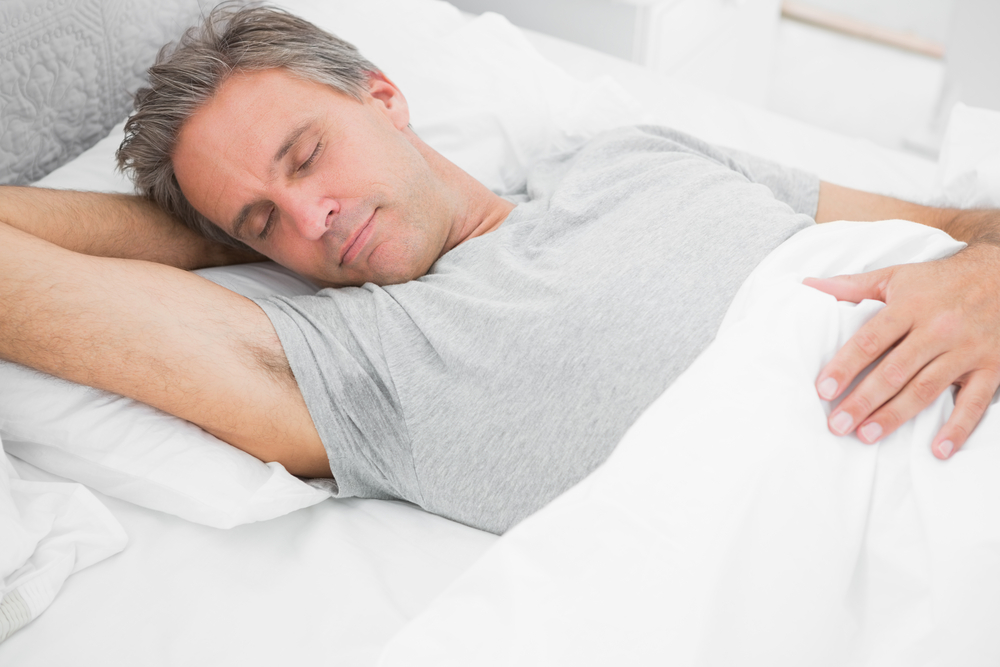You are not the only one who finds sleep elusive. Many people spend their night staring at the ceiling, having unpleasant thoughts. But there is no comfort in knowing that you aren’t alone; you still need an adequate amount of sleep in order to lead a healthy lifestyle. Poor sleeping habits contribute to weight gain, high blood pressure, type 2 diabetes, and in some extreme cases, early death. That is why you need to understand the science behind a better night’s sleep, and to find a workable solution for your sleep problems.
What Is a Better Night’s Sleep?
A better night’s sleep can be defined by these 3 factors:
- When you get into the bed, you are able to fall asleep in less than 30 minutes.
- You can sleep for 7 consecutive hours without waking up and even if you wake up, it is not more than once.
- For that one time you wake up, you fall back asleep immediately. 20 minutes at most.
You will know that you have a sleep problem if you aren’t meeting all the three better night’s sleep defining factors.
Circadian Rhythms and Sleep Drive: Why Aren’t Your Better Night’s Sleep Elusive?
Sleep in your body is triggered through one of these 2 processes:
- Circadian rhythms
Your brain has a biological clock that responds to light cues, creating a regular sleep rhythm. When there is no light (at night), the clock signals your body to produce more melatonin hormones. These hormones help you sleep. When the lights come back, the circadian clock detects the change in light cues and responds by stopping the production of melatonin, so you stop sleeping. If your circadian clock isn’t responding, there is a chance that your lighting (either at work or in the house) is either too much or insufficient.
- Sleep drive
Naturally, your body is supposed to desire sleep; to crave for sleep. This craving grows and grows until you cannot resist it anymore. If you refuse to sleep, your body will take itself to sleep regardless of the time or place. You can expedite the process by getting your body exhausted.
Many people mess up their sleep drive by adopting irregular sleep patterns. For example when you drink too much alcohol, you sleep in, wake up late, mess your day’s schedule, and consequently sleep late. The irregularity in such a sleep pattern can mess your sleep drive.
Good Night’s Sleep According to Science: How to Get It
If you could fix your sleep drive and circadian rhythm, or maybe stop messing them up, your chances of catching your elusive sleep would increase. Here are 5 tips on how to fix your sleep drive and circadian rhythm and get a better night’s sleep:
- Exercise
If you do exercise, you need to exercise more. If you don’t, you need to incorporate daytime physical activity to your daily schedule. You can, for example, convert your bicycle into a motorized bicycle using a gas-powered bicycle motor kit, and then be using it for all your commuting needs. Ride it to work, to the grocery store, etc. for a moderate cardio exercise. That will get your body exhausted, expediting your sleep drive.
- Avoid lack of sleep frustrations
Don’t get angry at yourself for failing to fall asleep within 30 minutes of going to bed. Just wake up and go sit in a dark or dimly lit room. Just sit without your phone, drink, or snack. Sit there until you feel sleepy. That will help you reset your circadian rhythm; your brain will start linking darkness with sleep and not with TV or household chores.
- You could use some natural light
Spending your day in a sufficiently lit room and then switching off the lights at night so that it is totally dark will help your body clock respond better to light cues. It will be able to switch the melatonin production button on and off more effectively.
- Avoid sleeping pills
Sleeping pills will only mess with your sleep drive, help you sleep better for a while, and then everything will come crumbling down on you. Your sleep drive is a natural process that doesn’t need to be boosted with pills (or alcohol).
- Soundproof your room
It is very common that most of us live in busy and highly frequented areas, where noise dominates almost all the time. Therefore, it is normal to have noisy nights and being unable to sleep. In that context, if you can not afford to relocate, then invest in some soundproofing materials that can at least absorb the noise from abroad. That could potentially help you sleep calmly and without any disturbances.
- Seek medical help
Seek medical help if you are struggling with insomnia or obstructive sleep apnea. Most sleep problems are treatable with proper diagnosis and treatment plan. Alaska Sleep Clinic is the most comprehensive sleep lab in the state, with locations in Anchorage, Fairbanks, Soldotna and Wasilla. Call us today @ 907-357-6700.








